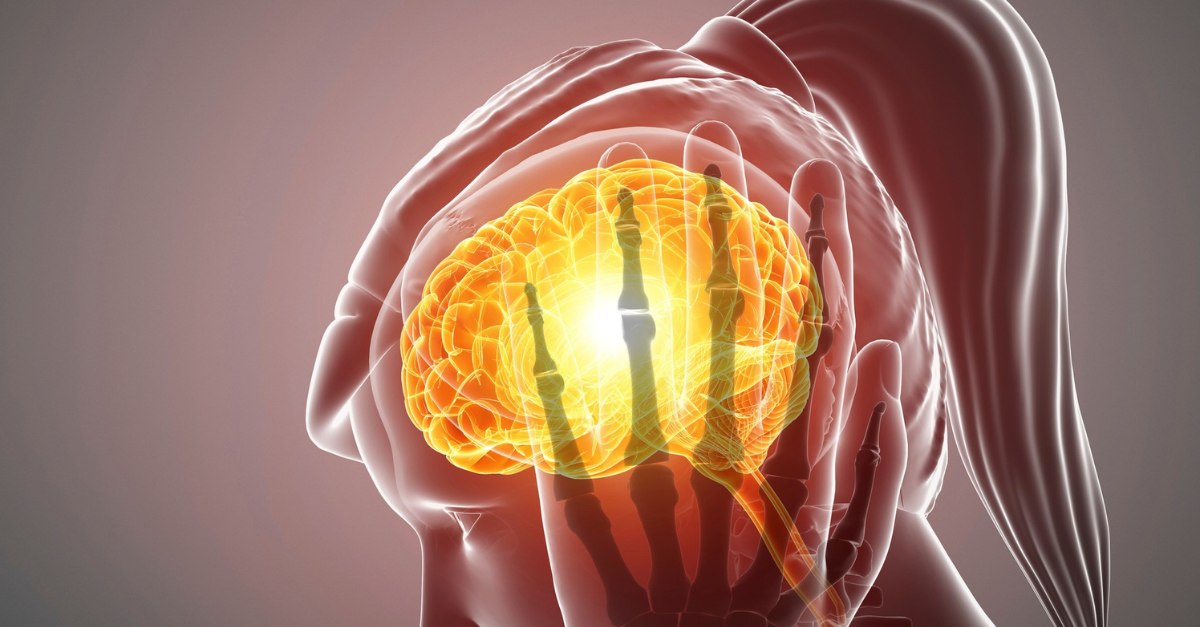Introduction
Neurological disorders, encompassing conditions such as Parkinson’s disease, multiple sclerosis (MS), Alzheimer’s disease, and stroke, present profound challenges to global healthcare systems. These disorders often lead to progressive deterioration of cognitive and motor functions, severely impacting patients’ quality of life. Traditional treatment modalities primarily focus on symptom management, offering limited efficacy in halting or reversing disease progression. However, the advent of stem cell therapy has ushered in a new era of hope, with Panama emerging as a pivotal hub for pioneering treatments in this domain. PCT Panama strives to excel in providing the best stem cell treatments for neurological disorders in Panama.
Understanding Stem Cell Therapy in Neurological Contexts
Stem cells are unique, undifferentiated cells possessing the remarkable ability to develop into various specialized cell types. This pluripotency renders them invaluable in regenerative medicine, particularly for neurological disorders where neuronal loss or dysfunction is prevalent. The therapeutic mechanisms of stem cells in neurological applications include:
-
Neuroprotection: Stem cells secrete neurotrophic factors that safeguard existing neurons from further degeneration.
-
Immunomodulation: They modulate immune responses, reducing inflammation that exacerbates neural damage.
-
Neurogenesis: Stem cells can differentiate into neuronal cells, potentially replacing those lost due to disease or injury.
Panama’s Pioneering Role in Neurological Stem Cell Therapy
Panama has positioned itself at the forefront of stem cell research and therapy, offering advanced treatments for various neurological disorders. Several factors contribute to Panama’s leadership in this field:
-
Regulatory Framework: Panama’s progressive medical regulations facilitate the clinical application of innovative therapies, enabling rapid translation from research to treatment.
-
State-of-the-Art Facilities: Clinics such as the Stem Cell Institute in Panama City are equipped with cutting-edge technology and staffed by experts in regenerative medicine.
-
Comprehensive Treatment Protocols: Panamanian clinics offer personalized treatment plans tailored to individual patient needs, enhancing therapeutic efficacy.
Specific Neurological Conditions Addressed
-
Parkinson’s Disease: Characterized by the degeneration of dopamine-producing neurons, leading to motor dysfunction. Stem cell therapy aims to replenish these neurons, potentially restoring motor function.
-
Multiple Sclerosis (MS): An autoimmune disorder where the immune system attacks the myelin sheath of neurons. Stem cells can promote remyelination and modulate immune responses to prevent further damage.
-
Alzheimer’s Disease: Marked by progressive cognitive decline due to neuronal loss. Stem cell therapy focuses on neuroprotection and promoting neurogenesis to slow disease progression.
-
Stroke: Results from interrupted blood flow to the brain, causing neuronal death. Stem cells can aid in neural repair and functional recovery post-stroke.
Conclusion
Stem cell therapy represents a promising frontier in the treatment of neurological disorders. Panama’s commitment to advancing this field offers hope to patients worldwide, providing access to innovative treatments that can significantly improve quality of life.


